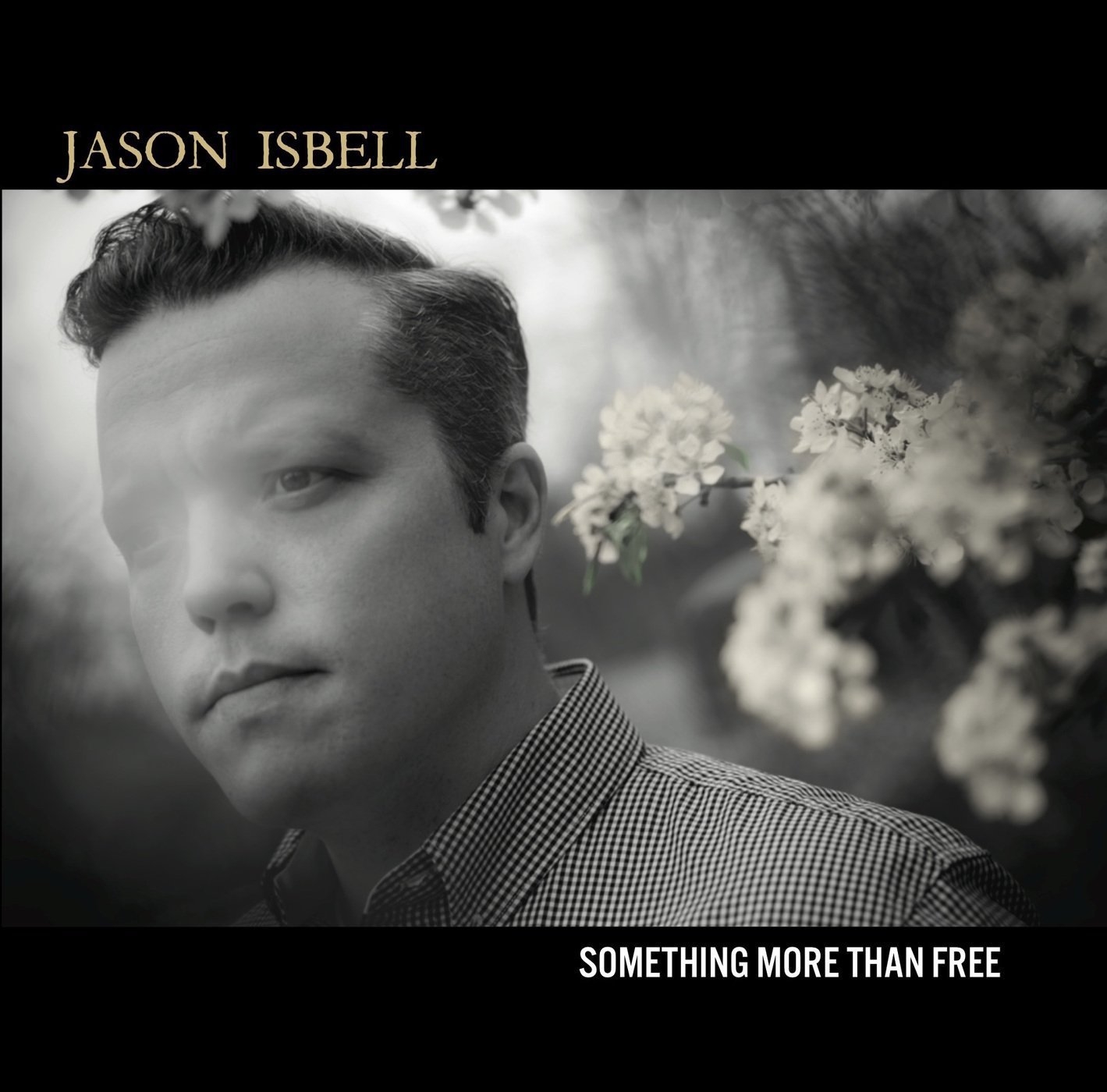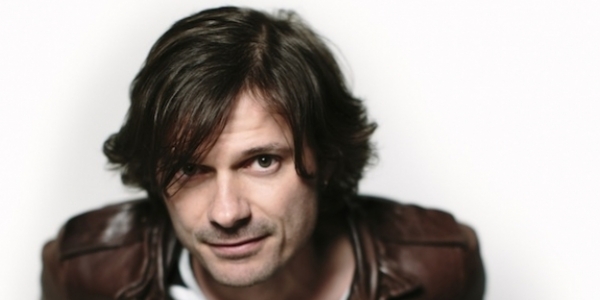“I try to make records as a document as much as anything else,” says Isbell. “When my life changes, the content of my work is going to change. When I made Southeastern it was a very confusing time for me, which turned out to be really good creatively because it gave me a lot to say, a lot to talk about and a story to tell. Once that period was over with and I moved through that, the process felt a lot stronger – it felt a lot happier, and I’m a lot more satisfied with my personal life. I think that the challenge became pushing myself creatively in a way that reflected that.”
If Southeastern was a fearlessly honest representation of Isbell’s journey towards sobriety and happiness, Something More Than Free is concerned with what happens when the light at the end of the tunnel floods through the void. Throughout it all, one thing is clear: songwriting is a vehicle for Isbell, not only to share his experiences, but to act as a personal mission statement; laying down to tape a sincerely optimistic depiction of the life he is determined to lead.
“I think anything you can use as a way to get perspective can help you work through issues,” says Isbell. “That’s what art does for me – making songs, it gives me a different perspective. Sometimes I’m writing allegorically, or if I’m writing even about a character that I have synthesised from different people that I know – or just one that I made up if I’m writing a fictional story – it winds up being in a lot of ways about my own life. Really, it’s with the purpose of giving me a different perspective. If you step outside of yourself long enough to look at your life from a different angle, I think that can help you more than anything else.”
Isbell’s songwriting utilises character-driven narratives to masterful effect. Storytelling has always been a core element of country and folk traditions, but his lyrical vignettes pulse with a nuance that is not often heard. His parables of Southern living have covered everything from working life and existentially-inclined outlaws to the undignified death of a cancer stricken friend.
“I’m always going to find my way into the songs, even if they are character driven,” he says.
“There’s going to be some of me in each of these characters, because the only way I can really feel qualified to write about their stories is if their stories and mine intersect in a lot of ways. If I grow as a person, then they’re going to do the same thing.”
Isbell is an extremely studious writer and will often revise and edit his lyrics until they’re composed of exacting economy, yet rich with detail. Nothing is chosen haphazardly, and not a single syllable is wasted. “If I’m working on a record, sometimes I’ll get on a kick where I’ll work everyday,” says Isbell. “If I have studio time booked, I’ll sit down every day for hours and hours and just really refine every song. I used to not be able to do that. When I drank, it was really hard to focus for that long. Now I can sit for eight or ten hours a day sometimes and work the puzzles of writing the songs; trying to make everything come out as succinctly as they possibly can.”
Something More Than Free saw Isbell team up once more with prolific Nashville producer Dave Cobb, who brought an organic, stripped-back quality to the record. With the voice of a fallen angel – sweet, but raspy – and such painstakingly crafted lyrics, it’s no surprise his voice takes centre stage. Ultimately, there’s no need for anything else to get in its way. “[Cobb] wants to do away with anything superfluous. I really feel like that makes the record feel more genuine to me. I think it makes the emotions stronger.”
After all, emotions are at the core of Isbell’s songwriting. In the years since he sobered up, he’s created better music than ever before. He has been through a lifetime of experiences, both joyous and crushing. Now, it’s all about setting them free to those who want to listen.
“I think it all comes down to empathy, really. I want people to know that I understand what it’s like to be them, and I want them to understand what it’s like to be me,” he says. “I think that’s the ultimate goal of creating anything.”
BY JAMES DI FABRIZIO







